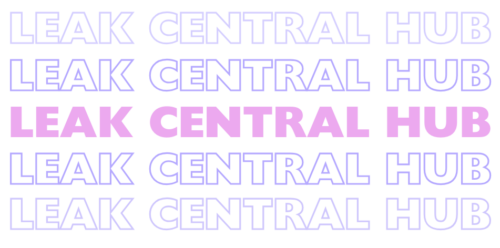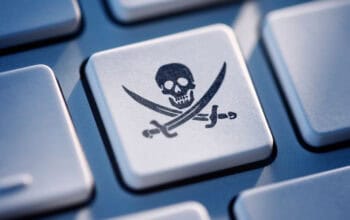Already grappling with the economic repercussions of the Ukraine war, Western sanctions, and soaring inflation, Russia’s legal streaming platforms are now confronting another obstacle: increased government oversight. A newly proposed law seeks to link the issuance of distribution certificates to adherence to state-imposed moral values. This regulation could impact both new releases and existing content libraries, while unregulated pirate sites remain untouched by such constraints.
Decentralization as a Tool Against Censorship
Decentralized peer-to-peer (P2P) networks facilitate direct interaction between users, bypassing central servers. This decentralization enhances resilience, making these networks difficult to regulate or shut down. While often associated with unauthorized distribution of copyrighted content, P2P technology is also regarded as a potential safeguard against excessive government control.
Although the intersection of censorship and decentralization is uncommon, when state-imposed restrictions escalate, these networks could serve as an alternative means of content dissemination.
The State’s Push for ‘Traditional Values’
On November 9, 2022, President Vladimir Putin signed Decree No. 809, outlining a strategic initiative to counter perceived sociocultural threats to Russia’s national security. The decree prioritizes the reinforcement of traditional family values, patriotism, and loyalty to the state, while identifying perceived threats such as extremist groups, foreign influence, and various media platforms.
The responsibility for enforcing this directive has been assigned to federal agencies overseeing national security, defense, and public order.
Streaming Services Under Scrutiny
Despite a struggling cinema industry in early 2024, Russia’s online streaming services experienced a 42% surge in sales compared to the previous year. However, a proposed bill submitted to the State Duma on December 12, 2024, threatens to derail this growth. The legislation seeks to amend the Federal Laws “On Information” and “On State Support for Cinematography,” requiring streaming platforms to obtain distribution certificates, a regulation traditionally applied only to physical cinemas.
No Certificate Without ‘Moral Compliance’
Duma member and actor Dmitry Pevtsov elaborated on the necessity of this certification via VK, stating, “My colleagues and I have introduced a bill that would deny distribution certificates to content that discredits our spiritual and moral values.”
The bill explicitly states that any film perceived to undermine traditional Russian values will be ineligible for certification. According to Pevtsov, the proposal is designed to align with Decree 809, reinforcing the government’s mission to uphold national ideology.
Industry Concerns: Cost, Compliance, and Piracy Risks
The Russian Union of Industrialists and Entrepreneurs (RSPP) strongly opposes the bill, warning that it could impose excessive financial burdens on the legal streaming industry. RSPP estimates suggest that compliance costs could exceed 500 million rubles (US$5.8 million) annually for content creators, distributors, and streaming platforms. Additionally, requiring certification for existing content could add another 1.5 billion rubles (US$17.3 million) in expenses.
With up to 3,000 certificates currently issued each year, the Ministry of Culture could face an overwhelming administrative burden, potentially increasing its certification workload twentyfold.
Anti-piracy advocate Alexey Byrdin from RSPP argues that the legislation would cripple Russia’s legal streaming market while pushing consumers toward piracy. Leading platforms have echoed this concern. Kinopoisk has criticized the bill as overly restrictive and damaging to the industry, while Ivi and Okko warn that users will inevitably turn to unregulated alternatives.
Ivi points out that anonymous pirate operators, who evade government regulation, would become the main beneficiaries of the new restrictions. Okko suggests that by tightening controls on legal services, the bill inadvertently strengthens illicit streaming platforms. The Media and Communications Union has also cautioned that the law might backfire, ultimately working against its intended goals.
A report by SecurityLab referenced RSPP’s opposition and included a link to an official statement on RSPP’s website. However, as of February 18, the statement appears to have been removed, raising further questions about the transparency surrounding this controversial proposal.



